Remote Continuing Education Courses
Remote Courses - Live learning from home

What is a Remote Course? Registrants can attend remote courses entirely from home, or another location. Registrants in remote courses can attend the course "solo" and do not need to find a partner or small group.
Not able to attend courses on a Saturday? Check out our offerings of Non-Saturday Courses.
Medbridge Courses - Online courses you can take anytime, anywhere.

Herman & Wallace faculty have put together the following online continuing education courses. These convenient learning resources are available via our partners at MedBridge and they can be purchased individually or as part of an annual subscription. Annual subscribers get access to all 800+ courses on the site (listed here), their Home Exercise Program, and Patient Engagement platforms! As a Herman & Wallace referral, you are eligible for a discounted subscription with access to all of the content at MedBridge!

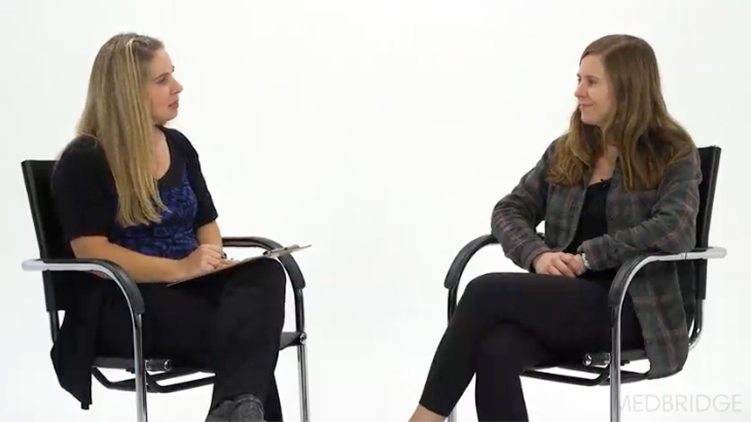
Postpartum Patient: General Examination
Instructor: Rachel Kilgore, DPT, OCS, COMT, PRPC, PPCES
There is a lack of clear, evidence-based guidelines on musculoskeletal examination for the postpartum patient. This course is appropriate for rehabilitation professionals and will benefit clinicians who are interested in examination of the postpartum population. This course will help the participant become familiar with systemic physiological changes unique to the postpartum patient. We will review the stages of labor and birth for vaginal birth as well as provide a general review of cesarean birth. Clinicians will learn to identify postpartum danger signs and red-flag conditions requiring immediate medical referral. General examination considerations, such as screening, history taking, positioning, and movement, will be discussed..
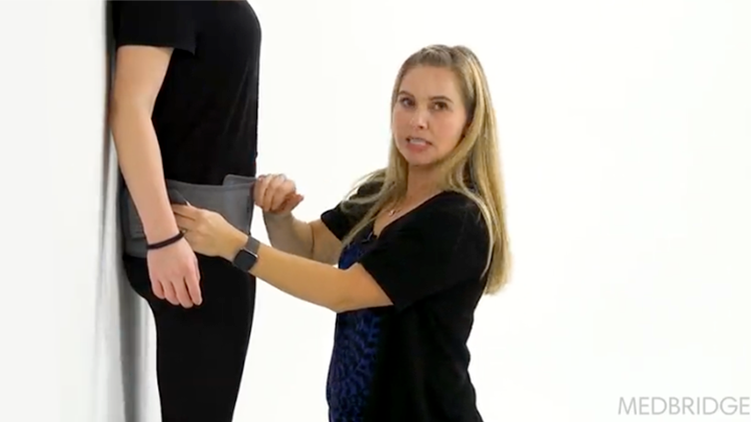
Postpartum Patient: General Treatment
Instructor: Rachel Kilgore, DPT, OCS, COMT, PRPC, PPCES
This course benefits clinicians who are interested in treating the postpartum population. This course will familiarize the participant with common baby and childcare activities, as well as the use of belts and supports that can assist postpartum patients with improved daily function. Additionally, the course will help the participant identify common acute postpartum complaints such as breast and perineal care. It will help the clinician in planning general treatment strategies to improve posture, daily activity, and mobility in the postpartum patient. Modalities and self-treatment ideas will also be covered to further empower this patient population base and guide general treatment.
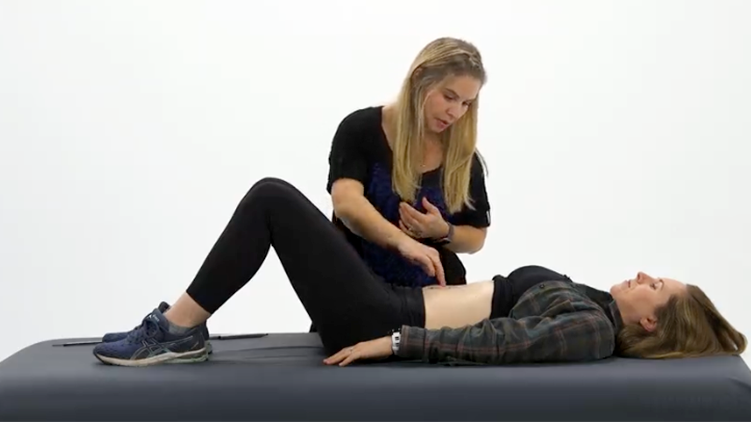
Abdominals in the Postpartum Patient: Evaluation and Treatment
Instructor: Rachel Kilgore, DPT, OCS, COMT, PRPC, PPCES
This course benefits rehabilitation professionals who are interested in treating the postpartum population. This course includes in-depth anatomical instruction and general considerations for the abdominals. Specific assessment and evidence-based treatment strategies for the patient who has birthed abdominally or vaginally are presented. Additionally, specific diastasis rectus abdominis (DRA) assessment and treatments are discussed. There is a demonstration of DRA assessment and review of exercise progression. This course will help the participant be able to identify common abdominal impairments and load transfer dysfunction. Participants will be able to provide their patients with goal-oriented treatment strategies to improve coordination, mobility, and strength for the abdominals.

Pelvic Floor in the Postpartum Patient: Evaluation and Treatment
Instructor: Rachel Kilgore, DPT, OCS, COMT, PRPC, PPCES
There is a need for guidelines to help all rehabilitation practitioners screen for common pelvic floor muscle dysfunctions in the postpartum patient. Pelvic floor muscle anatomy and function will be presented along with an overview of pregnancy and birth effects on the pelvic floor, including perineal birth injuries. This course will help the participant be able to identify common postpartum pelvic floor muscle complaints for the bladder and bowel, pelvic support problems, and sexual complaints, and we will review general treatments for these conditions. General external pelvic floor muscle assessment for the non-pelvic-floor provider is described, which is helpful for identifying postpartum patients who may benefit from specific pelvic rehabilitation.
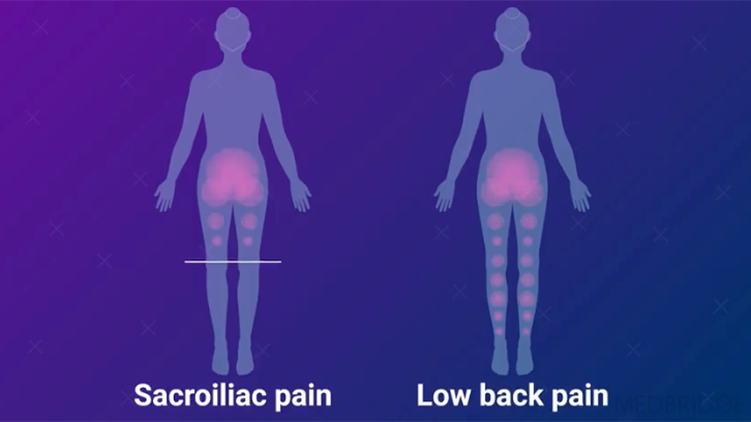
Functions and Dysfunctions of the Pelvic Girdle and Pelvic Floor
Instructor: Heather Rader, PT, DPT, PRPC, BCB-PMD
This course will explore the anatomical relevance of the pelvic girdle and pelvic floor structures and functions of common movement dysfunctions seen in rehabilitation. The pelvic girdle articulates with the spine and lower extremities and houses the pelvic floor region, making its anatomy relevant to all rehabilitation practitioners. An overview of dysfunctions of the sacroiliac joint, pubic symphysis, and coccyx will be explored, as well as bladder, bowel, and sexual dysfunctions created by pelvic floor dysfunctions.
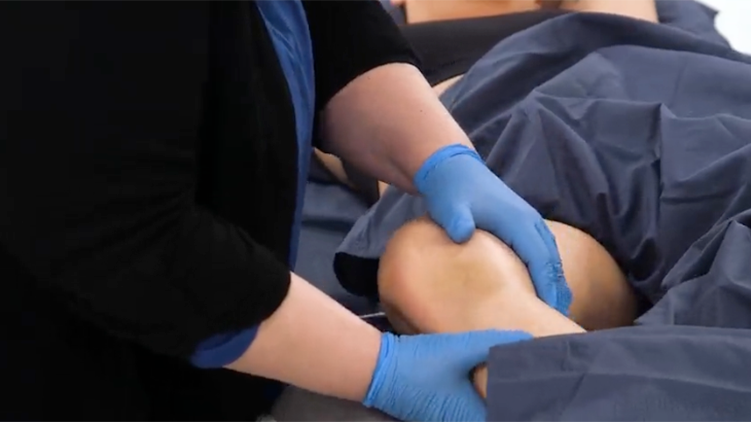
Orthopedic Connections to Pelvic Floor Dysfunction
Instructor: Heather Rader, PT, DPT, PRPC, BCB-PMD
This course will focus on connections between common orthopedic dysfunction seen in clinical practice to pelvic floor dysfunctions. Orthopedic conditions such as back pain, hip pain, orthopedic trauma and surgery, and diastasis recti abdominis cluster with pelvic floor dysfunctions, such as incontinence and pelvic pain syndromes in clinical practice. Understanding the reasons why these comorbidities cluster together will assist the clinician in recognizing the orthopedic connections between dysfunctions of the pelvic floor with dysfunctions of the spine, hip, and abdominal wall.
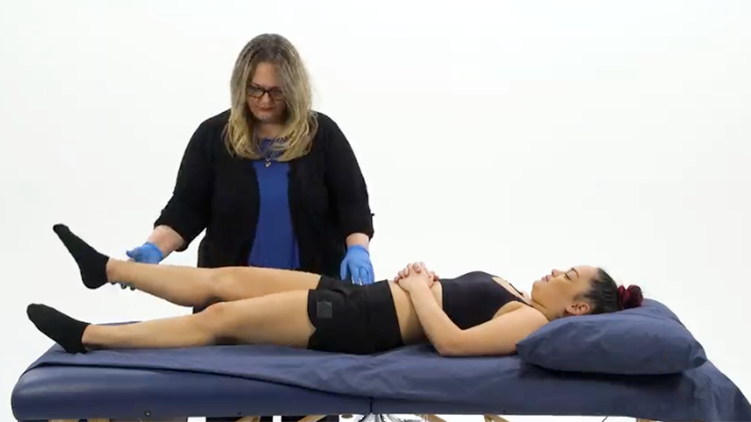
Evaluation Strategies for the Pelvic Floor
Instructor: Heather Rader, PT, DPT, PRPC, BCB-PMD
Most rehabilitation professionals lack understanding of basic skills in screening and evaluating for pelvic floor muscle dysfunction, despite high prevalence in most therapy settings. This course will introduce multiple methods to determine the health of the pelvic floor region and its muscles, focusing on external strategies. Participants will also learn how to identify pelvic floor dysfunction risk factors from the patient’s history and integrate basic pelvic floor assessment into clinical practice.
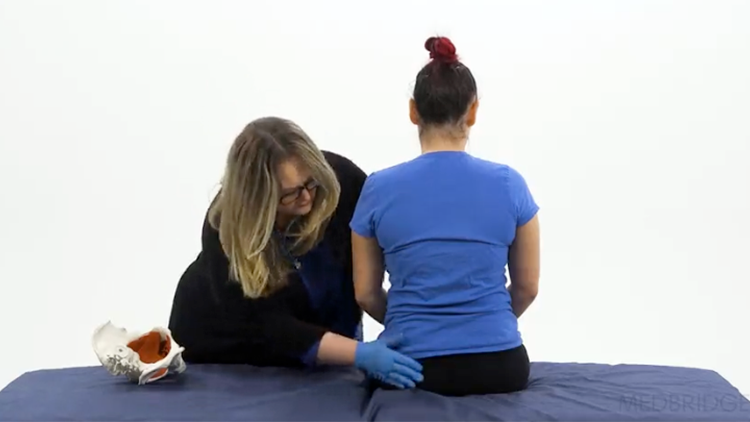
Treatment Strategies for the Pelvic Girdle and Pelvic Floor
Instructor: Heather Rader, PT, DPT, PRPC, BCB-PMD
Most rehabilitation professionals lack understanding of basic skills in treating simple pelvic floor muscle dysfunction, despite high prevalence in most therapy settings. This course will assist the participant in integrating basic external treatment strategies for pelvic floor dysfunction, including muscle weakness, incontinence, overactive bladder, and constipation, into clinical practice.

